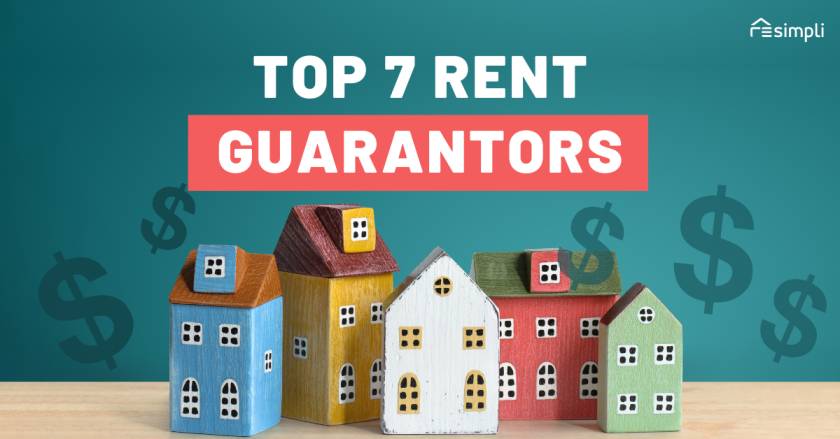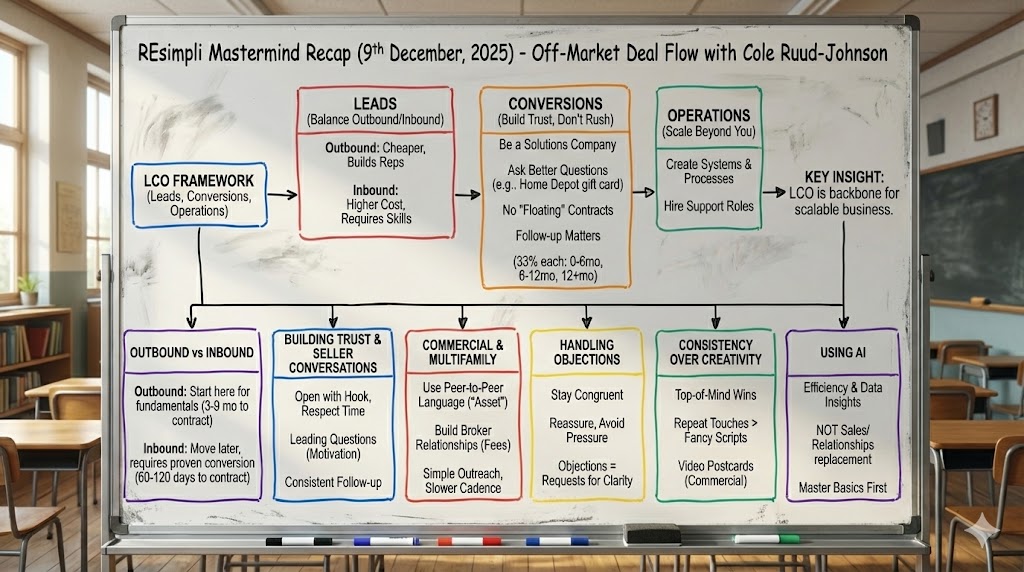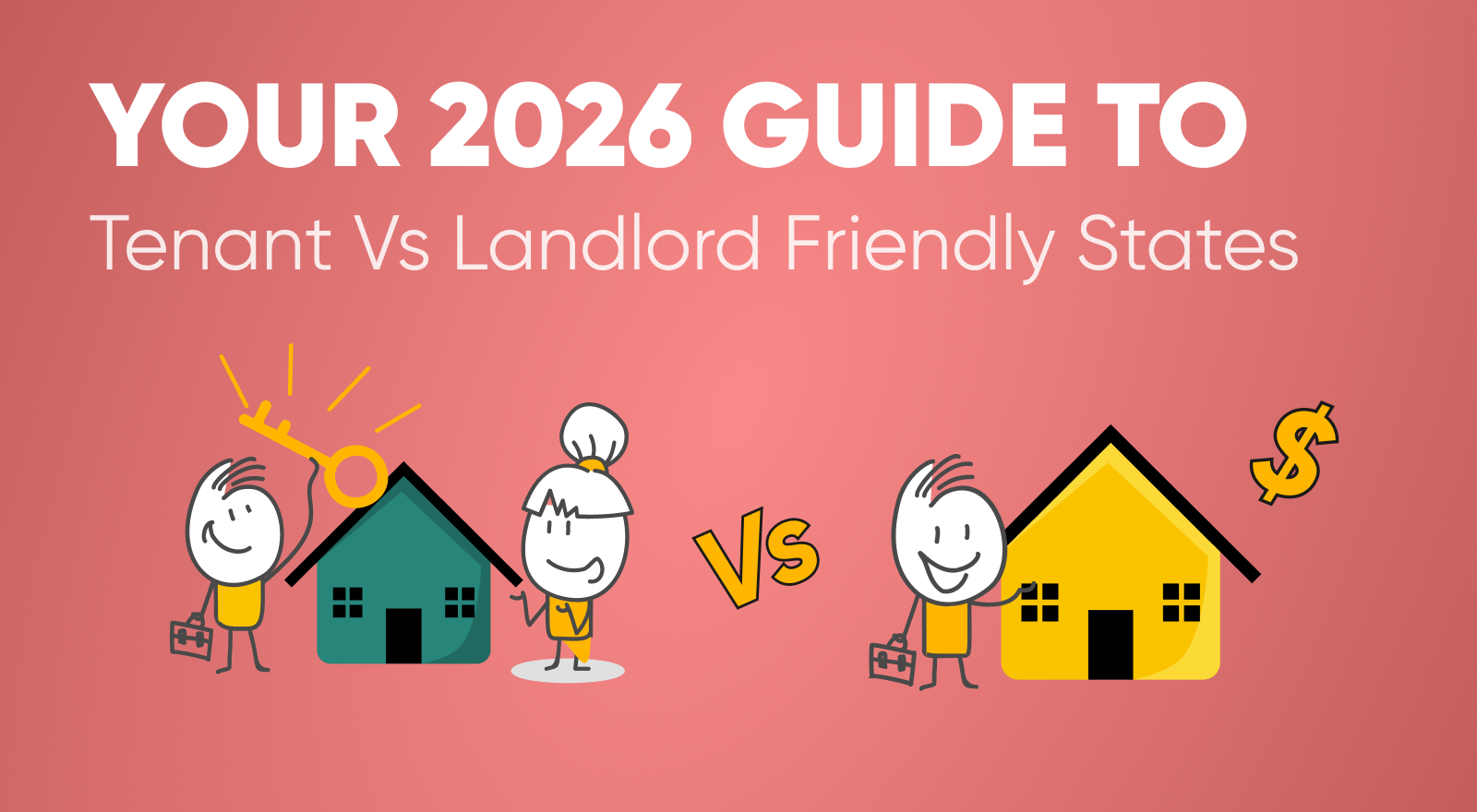Best Lease Guarantor Companies: The Top 7 Rent Guarantee Providers in the US

What keeps landlords up at night?
It’s not fires or floods or fiendishly high property taxes. Landlords fear negative cash flow from rent defaults, evictions, and vacancies.
Fortunately, lease guarantor companies have started writing rent default insurance policies here in the US. If the tenant stops paying rent, the lease guarantor company steps in and pays it until the landlord re-rents the property.
That provides peace of mind for property owners. For renters, it provides greater access to rental units that might not otherwise accept them. That especially goes for younger renters with little or no credit history, foreign renters who haven’t established credit in the US, and even renters with weak credit but strong incomes or assets.
What Are Lease Guarantor Companies?
Imagine a recent graduate who goes to sign their first rental agreement on an apartment. They don’t have any credit, so they ask a parent to co-sign their lease agreement as a guarantor. That parent puts themselves on the hook for their child’s rent payments.
Lease guarantor companies work similarly, but on the scale of nationwide insurance corporations. They issue insurance policies, guaranteeing that the landlord will receive their rent payments each month. If the renter stops paying — for any reason — the landlord can file a claim and the policy starts making monthly rent payments.
Meanwhile, the landlord or property manager starts the legal eviction process. Lease guarantee insurance typically makes rent payments until the property owner has found a replacement renter. Or, if the renter catches up on their back rent payments, the landlord stops the eviction and squares up with the insurance company.
Either the renter or the landlord could pay for the lease guarantee. Often high-risk renters will pay for these policies, to sway landlords who wouldn’t otherwise approve their rental application. Rent default insurance helps applicants move into properties they otherwise couldn’t access.
Some of the best lease guarantor companies also offer security deposit coverage. Rather than put down a security deposit, the renter buys an insurance policy that protects the landlord against tenant damage.
Factors to Consider When Choosing a Lease Guarantor Company
As with any insurance company, reputation matters. You only want to work with insurers who don’t try to worm their way out of paying claims by citing arcane loopholes buried under 57 pages of small print.
Start by doing some research online to find the best lease guarantor companies. Go beyond the company’s cherry-picked testimonials to look for authentic user reviews on third-party websites. Keep a sharp eye out for any policyholders who report being stiffed.
Unfortunately, the small print does matter with any insurance company. You do need to read much of it. In particular, read the list of covered risks and the list of exclusions. Under what circumstances might the insurance company deny your claim? Make sure you feel comfortable with the listed exclusions.
Like all insurance policies, pricing varies, and you typically get what you pay for. More comprehensive policies tend to cost more — and to actually pay out when you file a claim.
Bear in mind that you still need to screen tenants thoroughly, and still need to move promptly to file evictions on non-paying tenants. An insurance policy doesn’t give you leave to slack on the responsibilities of being a landlord. Lease guarantor companies require your tenant screening reports when underwriting the policy, and will watch your diligence in the eviction process like a hawk.
None of which is necessarily a bad thing. A little accountability might just make you a more organized and thorough landlord!
Top 7 Best Lease Guarantor Companies: A Comprehensive Comparison
What are the best lease guarantor companies issuing policies in the US right now?
After reviewing the options on the market, we like the following lease guarantor companies.
TheGuarantors
TheGuarantors offer comprehensive rent coverage, security deposit coverage, and zero-gap renter’s insurance coverage. Launched in 2015, they’ve issued over $2 billion in policies to date. They’ve also raised impressive funding from investors, including a $50 million Series C funding round in April 2022.
They also issue policies in over 40 states, covering most of the population of the US.
Regarding cost, rent coverage varies based on the applicant’s risk profile. TheGuarantors typically charges between 40% and 130% of one month’s rent, depending on the applicant’s credit history, citizenship status, and other risk factors.
Renters buy coverage the entire lease term up front, up to 36 months.
Property owners and managers can optionally require renters to buy security deposit coverage as an alternative to putting down a deposit. It covers tenant damage, up to the coverage amount purchased.
TheGuarantors enjoys a stellar reputation in the industry, never charges hidden fees, and offers excellent customer service. They do impose strict eligibility requirements, and some renters complain about the cost of coverage.
Insurent
Likewise, Insurent is widely respected in the industry, and is accepted at over 775,000 units across the country. They operate as a licensed agent of Argonaut Insurance Company, a subsidiary of the publicly-traded Argo Group (Ticker Symbol: AGII).
The company issues rent default insurance policies up to 24 months. Like TheGuarantors, they insure per lease, not per renter, so roommates split the premium.
Unfortunately, Insurent only operates in ten states: New York, New Jersey, Massachusetts, Maryland, Virginia, Illinois, Nevada, California, Florida, and the District of Columbia. On the plus side, those rank among the most populous states in the US.
Insurent typically charges 70-90% of a month’s rent for US citizens, and up to 110% for non-citizens. They typically require an annual income at least 27.5 times higher than the monthly rent, although they offer an alternative approval process for applicants with large liquid assets.
Leap
Similar to TheGuarantors, Leap offers both security deposit coverage and rent default coverage. In fact, the rent default insurance covers damage to the property as well.
Leap guarantees rents for leases up to 24 months. All applicants must apply together for Leap coverage for a lease guarantee.
I don’t love that Leap doesn’t specify the pricing range on their website, but clients claim they charge 55-90% of one month’s rent. Leap claims that renters can buy security deposit coverage for as little as $5, although they don’t elaborate further on pricing. Leap does accept non-US citizens.
On the plus side, Leap operates in all 50 states. That makes them especially appealing in states where few other lease guarantor companies operate. Leap launched in 2018, after raising relatively small startup capital of $2 million.
Steady Rent
Steady also launched in 2018, and operates in 36 states. They provide two related services: their Owner Benefit Package and Rent Advance.
The Owner Benefit Package includes a guarantee for up to two months of lost rents, making it more limited than other lease guarantor companies. However, they also include up to $1,000 in legal and re-tenanting costs, such as eviction costs. Steady also includes their other product, Rent Advance, with their Owner Benefit Package.
Rent Advance does exactly what it sounds like: it advances 6-12 months’ of rent payments to the landlord, when a new renter signs a lease. If the tenant fails to pay the rent after that, the landlord gets to keep the rent advance.
Steady does hang onto a holdback, to protect against landlords failing to make required repairs to the property. They pay this out to the property owner at the end of the lease term.
One of the quirks of Steady is that they exclusively work with partnered property management companies. Landlords must go through a partnered property manager to use Steady’s services.
Steady also doesn’t publish their pricing. Property owners and managers must reach out to them to inquire, which doesn’t feel particularly transparent.
Rhino
Launched in 2017, Rhino positions itself as a lower-cost rent default insurance option in all 50 states.
Rhino combines rent default insurance with security deposit coverage, and insuring up to the stated coverage amount. The landlord or property manager typically dictates the coverage requirement, and renters pay the premium.
Additionally, Rhino offers renter’s insurance and a security deposit escrow service. They allow renters to pay their security deposit not just by ACH, but also by credit card.
Like many competitors, Rhino doesn’t state their pricing openly on their website. However, they enjoy a reputation as a more affordable alternative in the industry.
Tenantcube
Unlike the insurance-first lease guarantor companies on this list, Tenantcube serves first and foremost as a property management software service. They provide built-in online rental applications, tenant screening reports, lease contracts, online rent collection, and other property management tools for landlords.
As an add-on service, they also offer rent default insurance as a guarantor company. They’ve partnered with Pensio Global to provide the rent and security deposit coverage.
I particularly appreciate the transparency in their pricing. On top of their monthly software fee, they charge 5% of the rent each month for rent coverage. That includes up to $60,000 or 12 months of lost rent, up to $1,500 in legal and eviction fees, and up to $10,000 in tenant damage to the rental unit.
TenantCube claims a 95% approval rate for rental applications, helping property owners keep their occupancy rates high.
It makes for a great all-in-one solution for independent landlords who want to self-manage — with support. Just note that property owners typically shoulder the cost of lease guarantees when added onto landlord software services.
Nomad Lease
Similar to Tenantcube, Nomad offers online landlord software with a rent guarantee.
And like Tenantcube, I love the transparency around pricing. They charge 6% of the monthly rent if you pay monthly, and 4% if you pay for the entire lease up front. If that amounts to less than $75 for each month’s rent, they charge a minimum of $75.
Given the monthly minimum, Nomad works best for middle- and higher-income rentals. Which is actually not where landlords suffer the most rent delinquencies, but it’s a nice done-for-you platform for hands-off landlords.
Nomad collects the rent on your behalf, and continues paying it if the tenant misses a payment. However they only guarantee up to three months of lost rent payments. They do guarantee up to $5,000 in legal and eviction fees however.
They go beyond Tenantcube however to also offer optional help with property showings. For a digital lockbox for applicant-led showings, they charge $499, or $899 for showings led by a leasing agent.
Final Thoughts
The best lease guarantor companies provide more than just insurance. They let renters get approved for homes they’d otherwise wouldn’t qualify to rent. For landlords, they provide peace of mind: the ability to sleep at night without worrying about lost cash flow.
As long as they actually pay out when your renter defaults, that is. Make sure you read the fine print carefully, especially for covered risks and exclusions from coverage.
Some, like TheGuarantors, offer a premium insurance product. Others, like Rhino, target a lower price point, typically with less comprehensive coverage. If you want to self-manage rental units with automated landlord software, Tenantcube and Nomad offer reputable platforms that include rent guarantees.
Reduce the risk of your rental investments by requiring a lease guarantor. In many cases, the renter pays for these lease guarantee policies, making them all upside for owners and operators.



